new jersey tea plant uses
Home Native Plants Plants We Use Perennials Perennials New Jersey Tea. Plants are also used as Butterfly Nectar Plants Butterfly Host Plants or as part of a Grouping or Mass Planting.

Ceanothus Americanus Mountain Snowbell New Jersey Tea North Carolina Extension Gardener Plant Toolbox
Leaves twigs Tea of leaves and twigs is a non-caffeinated drink to substitute for black tea to relieve stress.
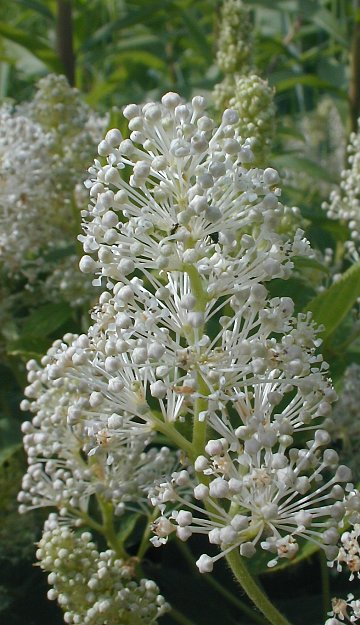
. Because of its deep root system it is great for use in erosion control on slopes but this also makes it difficult to transplant. 4 - 8 Mature Height. Its commonly called New Jersey tea because during the Revolutionary War American colonists used the leaves of the plant as a substitute for tea.
The plant is used internally in the treatment of bronchial complaints including asthma and whooping cough dysentery sore throats tonsillitis hemorrhoids etc. Red root has a long history of use in. Current day usage of the roots concentrates on their astringent expectorant and antispasmodic actions and they are employed in the treatment of complaints such as asthma bronchitis and.
Low-growing Ceanothus americanus New Jersey Tea is a bushy upright deciduous shrub boasting oval clusters of tiny fragrant white flowers in spring. This plant is native in Canada to Manitoba south to Nebraska Texas and South Carolina. Deer use the twigs throughout the year as a major food source.
New Jersey Tea Parts used. Thats because New Jersey tea shrubs are low maintenance plants that tolerate drought and thrive in. New Jersey Tea Ceonothus americanus plant is excellent for attracting hummingbirds.
Small Medium Large Exposure Light Requirements. For best results plant your New Jersey tea in a soil mixture that is sandy loamy and well-draining. Planted two to three feet apart it forms an attractive low growing hedge and is.
It is sometimes called New Jersey Tea because it was used as a substitute for Tea during the American Revolutionary war. They have a stimulatory effect on the lymphatic system while an alkaloid in the roots is mildly hypotensive. New Jersey Tea Care.
They serve well as ground cover for difficult areas of your backyard since they dont require much care. Also effective as a shrubby ground cover for hard-to-grow areas such as dry rocky slopes and banks. Planted two to three feet apart it forms an attractive low growing hedge and is an excellent choice for rocky hillsides and slopes as well.
Shrub borders or native plant gardens. Drought Drowning and Edema Hardiness Zone. The roots and root bark of New Jersey tea was used extensively by the North American Indians to treat fevers and problems of the mucous membranes such as catarrh and sore throats254.
The leaves have a fresh scent of wintergreen and were later utilized by the European colonizers as a tea substitute and stimulating caffeine -free beverage. PLANT IT WILD is an independent non-profit with 501 c 3 status native plant group based in Benzie and Manistee counties in Michigan. The plant fixes nitrogen through its symbiosis with bacteria.
The roots and root bark of New Jersey tea was used extensively by the North American Indians to treat fevers and problems of the mucous membranes such as catarrh and sore throats. Plant two to three feet apart to create a low-growing drought-tolerant native hedge. Flowers of New Jersey Tea.
The luxuriant glossy leaves and bright white flowers make this durable shrub a real winner. Flowers of New Jersey Tea. The flowers are a nectar source for hummingbirds butterflies and native bees.
New Jersey tea has disappeared from a dry sand prairie in Indiana where it was observed in 1897. It is a small shrub usually less than 3 feet 1 meter tall with tiny white flowers in erect oval clusters. The plant is also sold commercially by many native plant nurseries to plant in.
New Jersy Tea grows best in well-drained sandy loam or rocky soils in full sun to partial shade. Clusters of small black fruit form in July and August. The astringent leaves were used by colonists as a substitute for imported tea during the American Revolution.
It is an especially good landscape plant because of its hardiness and exceptional flowering habits that have also earned it the name Wild Snowball. Was a substitute for tea during the American revolution. However if being grown in an area that is especially.
Plants are also used as Butterfly Nectar Plants Butterfly Host Plants or as part of a Grouping or Mass Planting. A decoction of the bark is used as a skin wash for cancer and venereal sores. Fire exclusion woody plant invasion and possibly pollution have altered the structure and species composition in.
New Jersey Tea Parts used. New Jersey Tea Ceanothus americanus features glossy leaves numerous bright white flowers and a mounding shape that make this compact shrub a popular garden member. New Jersey Tea Ceanothus americanus.
Current day usage of the roots concentrates on their astringent expectorant and antispasmodic actions and they are employed in the. Lasting over a moderately extended period they rise from the leaf axils at the end of the new shoots. This is a good choice for a Wildlife Garden Prairie or Dry Meadow.
Constituents and medicinal use The red roots and root bark of New Jersey tea are used by Native Americans in North America for infections of the upper respiratory tract. A low-growing compact shrub thats excellent for hot dry sites. Full Shade Full Sun Partial SunShade Pests and Problems.
New Jersey tea plants will thrive best if located in a spot that boasts full sunlight. It is drought tolerant once established and tolerates road salt. Medicinal use of New Jersey Tea.
For best results plant your New Jersey tea in a soil mixture that is sandy loamy and well-draining. New Jersey tea declines as successional communities mature 1521. Billows of delicate white flowers form at the end of young branches in May and June.
New Jersey Tea is a beautiful shrub important for many pollinators and food source for other wildlife. In fact New Jersey tea shrub care is minimal. An acidic pH level.
Dried caffeine free leaves when boiled a few minutes make a tea similar to Liptons regular.
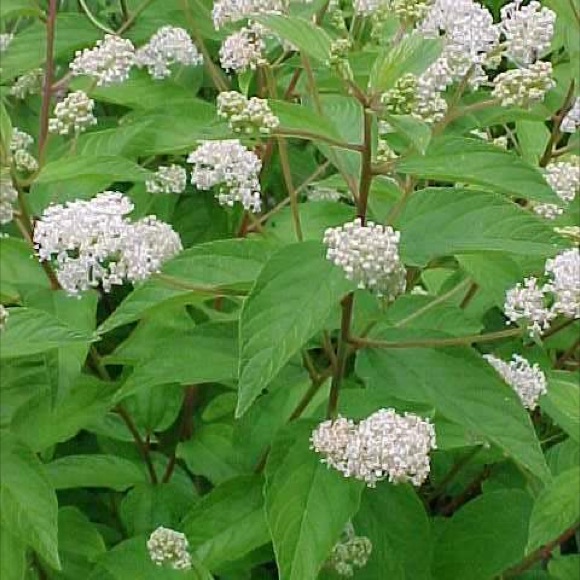
New Jersey Tea Eat The Weeds And Other Things Too
Ceanothus Americanus New Jersey Tea Minnesota Wildflowers
Ceanothus Americanus New Jersey Tea Minnesota Wildflowers

Ceanothus Americanus New Jersey Tea

New Jersey Tea Ceanothus Americanus Prairie Nursery
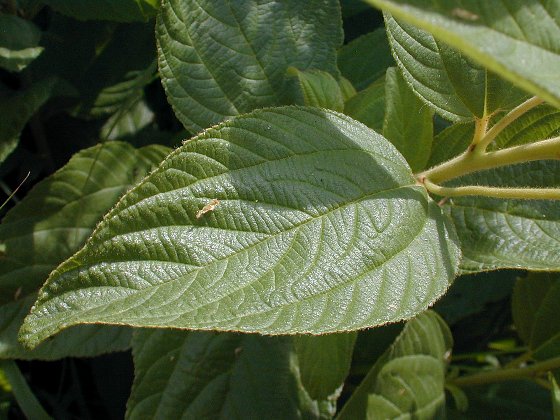
New Jersey Tea Ceanothus Americanus
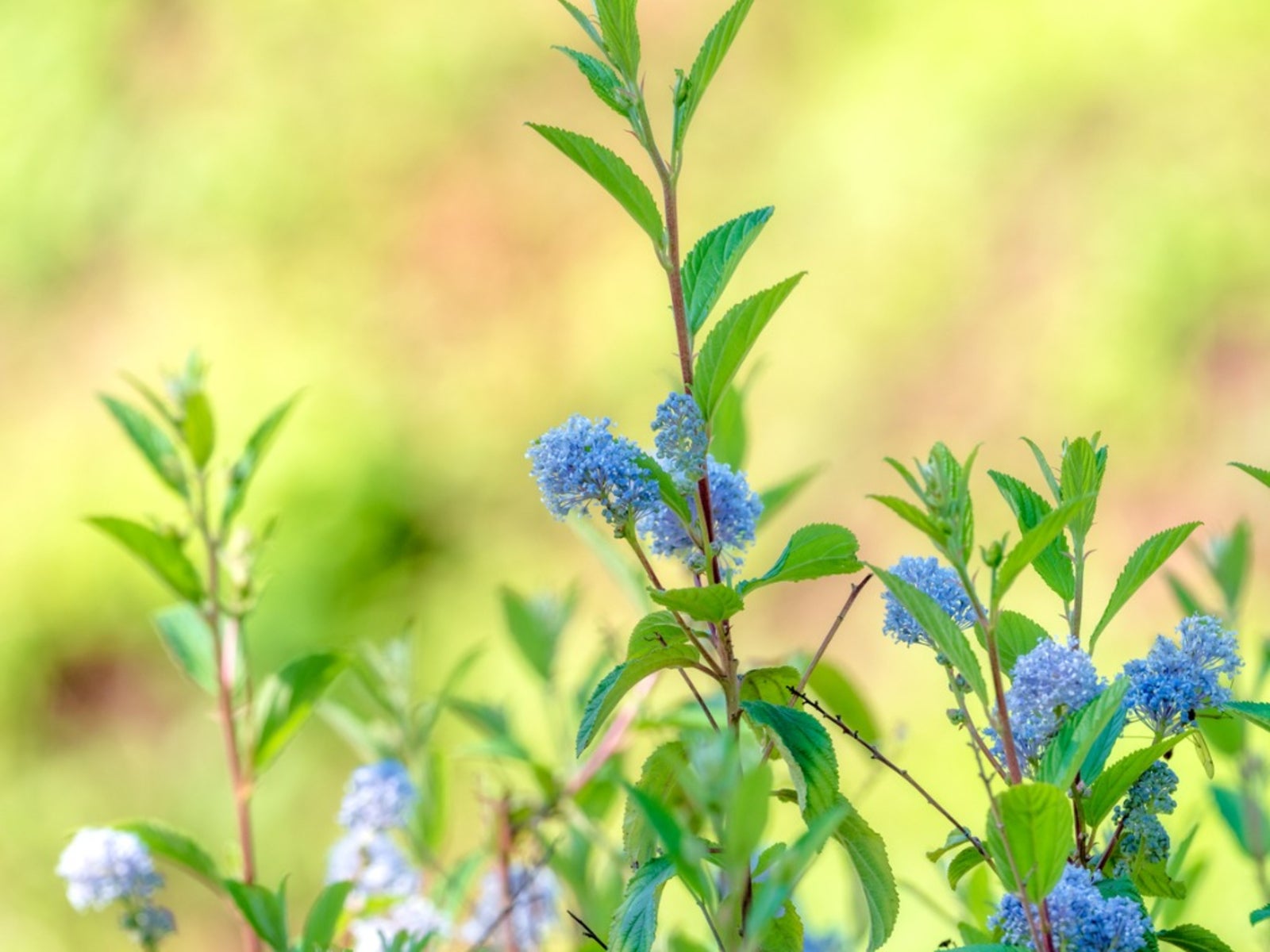
What Is A New Jersey Tea Plant Guide To New Jersey Tea Shrub Care

Ceanothus Americanus New Jersey Redroot New Jersey Tea Go Botany

Wildflower Of The Year 2019 New Jersey Tea Ceanothus Americanus Virginia Native Plant Society
Ceanothus Americanus New Jersey Tea From New Moon Nurseries

New Jersey Tea Ceanothus Americanus Herbs For Health Medicinal Herbs Native Plant Gardening
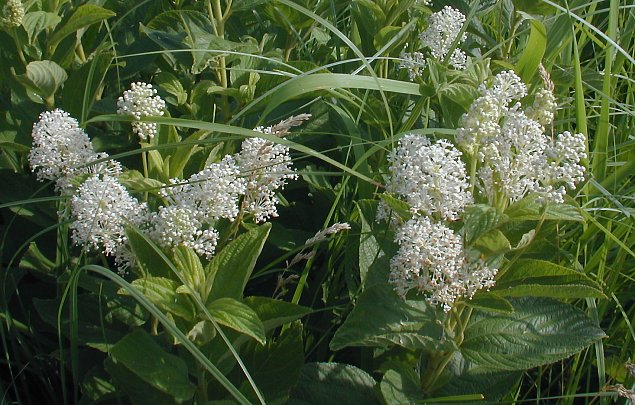
New Jersey Tea Ceanothus Americanus
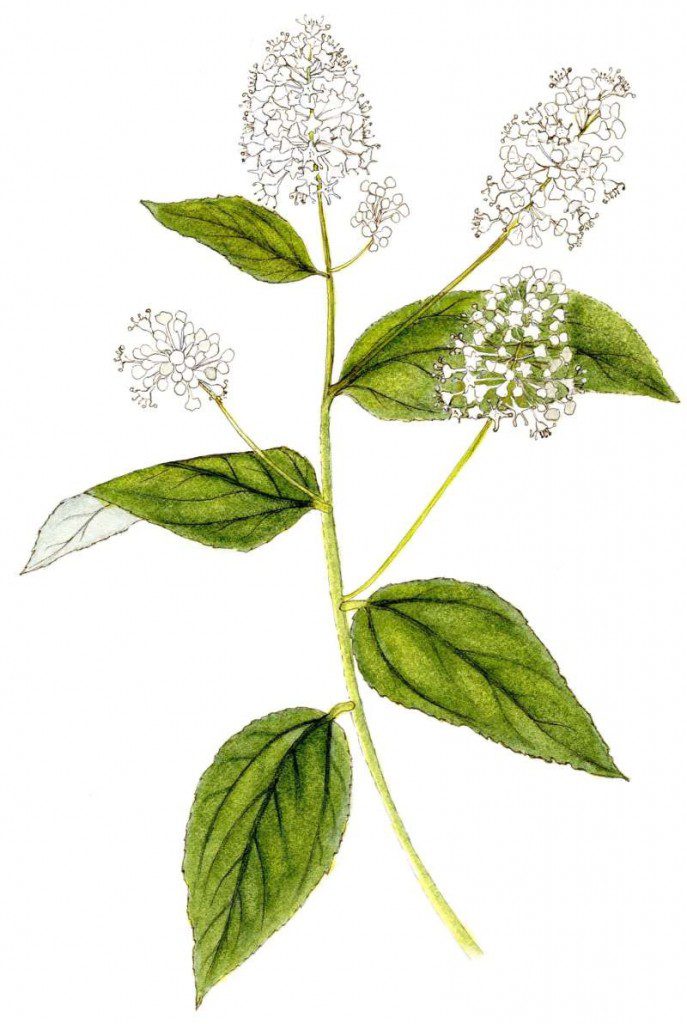
Wildflower Of The Year 2019 New Jersey Tea Ceanothus Americanus Virginia Native Plant Society

New Jersey Tea Ceanothus Americanus 3 Pack Of Pots Blazing Star Gardens
Ceanothus Americanus New Jersey Tea Minnesota Wildflowers

New Jersey Tea Ceanothus Americanus 3 Pack Of Pots Blazing Star Gardens

New Jersey Tea Ceanothus Americanus 3 Pack Of Pots Blazing Star Gardens